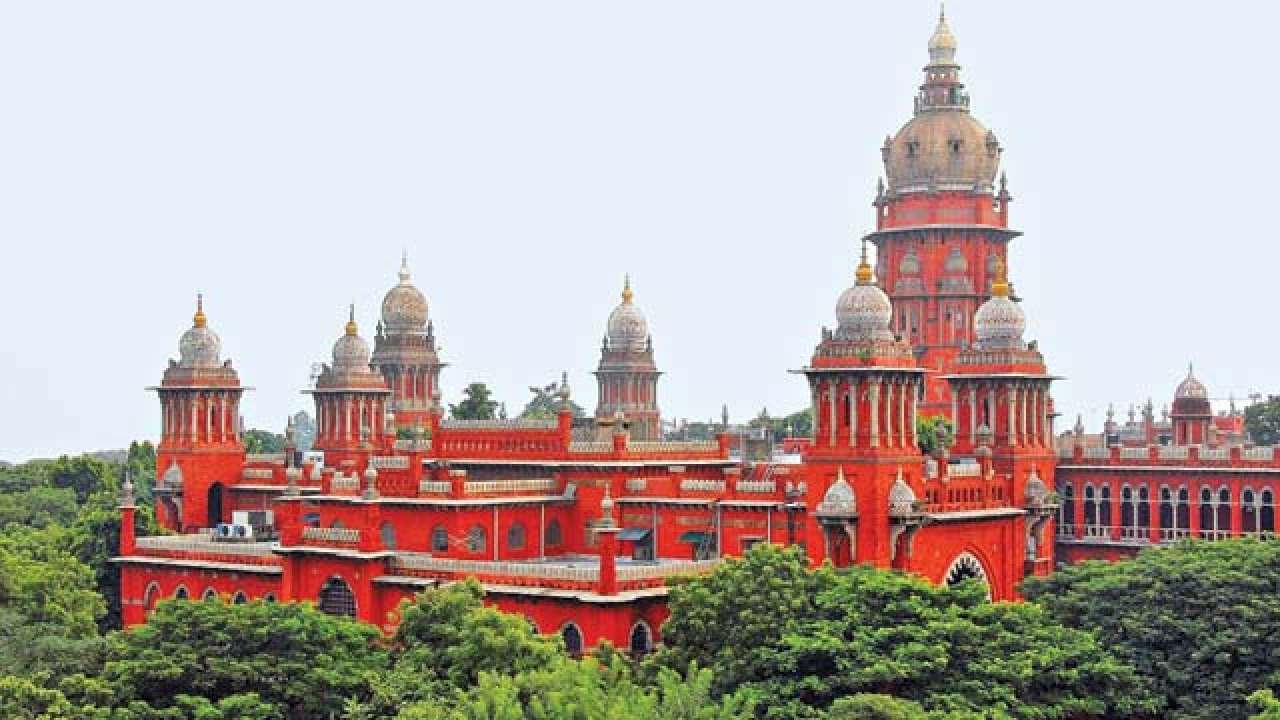


In a significant judgment delivered on August 2, 2024, the Madras High Court has declared Section 77A of the Registration Act of 1908 unconstitutional. This decision was part of a batch of over 200 writ petitions challenging the constitutional validity of certain amendments introduced by the Registration (Tamil Nadu Second Amendment) Act, 2021, which came into force in August 2022.
Background
The contentious provision, Section 77A, empowered District Registrars in Tamil Nadu with the authority to cancel land-related documents if they suspected fraud or forgery. This amendment aimed to address issues related to fraudulent property transactions but, according to the Court, it overstepped its bounds.
Court's Ruling
In their ruling, Justices SS Sundar and N Senthil Kumar found that Section 77A conferred "uncanalised, unbridled and unfettered power" upon District Registrars, violating Article 14 of the Constitution. The Court concluded that:
"This Court holds that Section 77-A confers uncanalised, unbridled and unfettered power to decide jurisdictional issues involving complex issues on law and facts and hence, violative of Article 14 of Constitution."
The Court was particularly concerned that this provision usurped functions typically reserved for the judiciary, and warned that it could lead to chaos and corruption. It further noted that District Registrars, who lack legal training and are bound by Circulars rather than judicial precedents, were ill-equipped to handle such complex issues.
Key Concerns Raised by the Court
Excessive Delegation of Power: The Court criticized the amendment for giving District Registrars the authority to decide on intricate matters of fraud or forgery without clear guidelines. It observed that:
"The District Registrar who is not even a law graduate or acquainted with legal principles but bound by Circulars rather than precedents, is now supposed to adjudicate disputes on title."
Impact on Property Rights: The ruling emphasized that while Section 77A might benefit a few innocent landowners, it could cause significant hardships to many others by unsettling property transactions based on mere suspicions.
Separation of Powers: The Court highlighted that Section 77A improperly vested judicial responsibilities in the executive branch, affecting the fundamental principle of separation of powers. The Court stated:
"Independence of judiciary is an important facet of our Constitution and it is recognised as one of the basic structure doctrine."
Potential for Corruption: The Court warned that the lack of statutory guidelines could lead to corruption and misuse of power by land grabbers. It remarked:
"Conferring such power without statutory guidelines will lead to corruption and blackmailing by land grabbers."
Conclusion
The Madras High Court's decision to strike down Section 77A underscores the importance of maintaining judicial oversight in matters of property rights and fraud. By ruling that the amendment was an attempt to create a parallel forum to the judiciary, the Court has reaffirmed its commitment to protecting constitutional principles and ensuring that complex legal issues are resolved by competent judicial authorities, not executive officials.
This landmark judgment serves as a crucial reminder of the need for careful legislative drafting and respect for the separation of powers within the Indian legal system. It reinforces the necessity of having clear, statutory guidelines and ensures that authority over significant legal matters remains within the purview of the judiciary, preserving the integrity and independence of legal adjudication.
TAGS: Section 77A Unconstitutional Judicial Oversight District Registrars Separation of Powers Fraud and Forgery Legislative Amendment Madras High Court